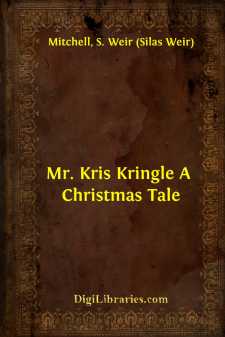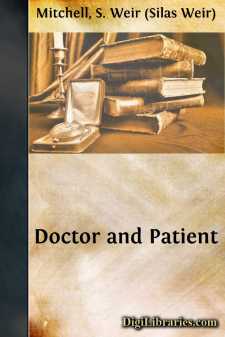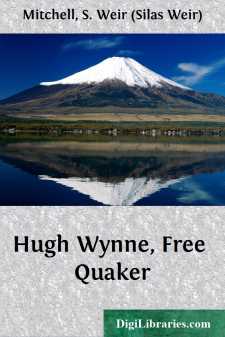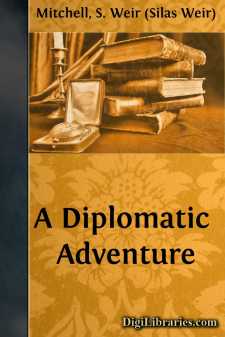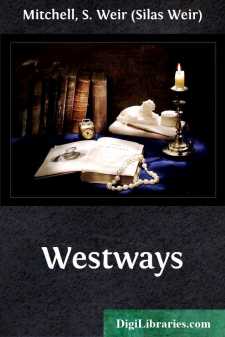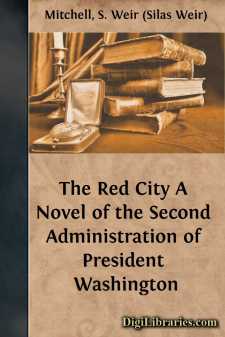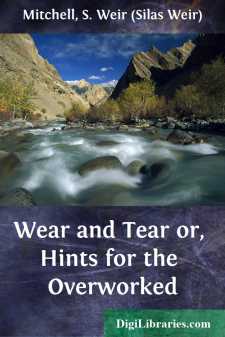Categories
- Antiques & Collectibles 13
- Architecture 36
- Art 48
- Bibles 22
- Biography & Autobiography 816
- Body, Mind & Spirit 145
- Business & Economics 28
- Children's Books 17
- Children's Fiction 14
- Computers 4
- Cooking 94
- Crafts & Hobbies 4
- Drama 346
- Education 58
- Family & Relationships 59
- Fiction 11834
- Foreign Language Study 3
- Games 19
- Gardening 17
- Health & Fitness 34
- History 1378
- House & Home 1
- Humor 147
- Juvenile Fiction 1873
- Juvenile Nonfiction 202
- Language Arts & Disciplines 89
- Law 16
- Literary Collections 686
- Literary Criticism 179
- Mathematics 13
- Medical 41
- Music 40
- Nature 179
- Non-Classifiable 1768
- Performing Arts 7
- Periodicals 1453
- Philosophy 66
- Photography 2
- Poetry 897
- Political Science 203
- Psychology 45
- Reference 154
- Religion 516
- Science 126
- Self-Help 85
- Social Science 82
- Sports & Recreation 34
- Study Aids 3
- Technology & Engineering 59
- Transportation 23
- Travel 463
- True Crime 29
Our website is made possible by displaying online advertisements to our visitors.
Please consider supporting us by disabling your ad blocker.
Mr. Kris Kringle A Christmas Tale
Categories:
Description:
Excerpt
MR. KRIS KRINGLE.
It was Christmas Eve. The snow had clad the rolling hills in white, as if in preparation for the sacred morrow. The winds, boisterous all day long, at fall of night ceased to roar amidst the naked forest, and now, the silent industry of the falling flakes made of pine and spruce tall white tents. At last, as the darkness grew, a deepening stillness came on hill and valley, and all nature seemed to wait expectant of the coming of the Christmas time.
Above the broad river a long, gray stone house lay quiet; its vine and roof heavy with the softly-falling snow, and showing no sign of light or life except in a feeble, red glow through the Venetian blinds of the many windows of one large room. Within, a huge fire of mighty logs lit up with distinctness only the middle space, and fell with variable illumination on a silent group about the hearth.
On one side a mother sat with her cheek upon her hand, her elbow on the table, gazing steadily into the fire; on the other side were two children, a girl and a boy; he on a cushion, she in a low chair. Some half-felt sadness repressed for these little ones the usual gay Christmas humor of the hopeful hour, commonly so full for them of that anticipative joy to which life brings shadowy sadness as the years run on.
Now and then the boy looked across the room, pleased when the leaping flames sent flaring over floor and wall long shadows from the tall brass andirons or claw-footed chair and table. Sometimes he glanced shyly at the mother, but getting no answering smile kept silence. Once or twice the girl whispered a word to him, as the logs fell and a sheet of flame from the hickory and the quick-burning birch set free the stored-up sunshine of many a summer day. A moment later, the girl caught the boy's arm.
"Oh! hear the ice, Hugh," she cried, for mysterious noises came up from the river and died away.
"Yes, it is the ice, dear," said the mother. "I like to hear it." As she spoke she struck a match and lit two candles which stood on the table beside her.
For a few minutes as she stood her gaze wandered along the walls over the portraits of men and women once famous in Colonial days. The great china bowls, set high for safety on top of the book-cases, tankards, and tall candelabra troubled her with memories of more prosperous times. Whatever emotions these relics of departed pride and joy excited, they left neither on brow nor on cheek the unrelenting signals of life's disasters. A glance distinctly tender and distinctly proud made sweet her face for a moment as she turned to look upon the children.
The little fellow on the cushion at her feet looked up.
"Mamma, we do want to know why Christmas comes only once a year?"
"Hush, dear, I cannot talk to you now; not to-night; not at all, to-night."
"But was not Christ always born?" he persisted.
"Yes, yes," she replied. "But I cannot talk to you now. Be quiet a little while. I have something to do," and so saying, she drew to her side a basket of old letters.
The children remained silent, or made little signs to one another as they watched the fire. Meanwhile the mother considered the papers, now with a gleam of anger in her eyes, as she read, and now with a momentary blur of tear-dimmed vision. Most of the letters she threw at once on the fire. They writhed a moment like living creatures, and of a sudden blazed out as if tormented into sudden confession of the passions of years gone by; then they fell away to black unmemoried things, curling crumpled in the heat....


